Invested in construction since 2004, up to now, Te Lo Craft Village Industrial Park (Yen Lac) has attracted nearly 400 households and individuals to produce and do business in a variety of industries, creating jobs and stable income for many local workers. Thereby contributing to promoting economic development in the area, especially reducing environmental pollution in residential areas.
However, the issuance of land use right certificates and signing of land lease contracts for production and business households in the industrial park still face many difficulties. Although the industrial park has invested in building a centralized wastewater collection, drainage and treatment system, the wastewater treatment system has degraded due to outdated technology, some equipment has broken down and operates irregularly.
Yen Dong Craft Village CCN was organized by Yen Lac District People's Committee to auction technical infrastructure for land lease in the CCN and hand over land use since 2018 to 90 households and individuals, but up to now, no land lease contracts have been signed for the above households.
In 2018, the District People's Committee continued to auction the remaining 10 plots of land for 10 households and individuals who won the auction and were approved by the District People's Committee in Decision No. 3606 dated September 6, 2018, but to date there has been no decision on land lease. Currently, the Industrial Park is attracting 54 households to enter production and business with the main industries including plastic recycling, plastic grinding, and granulation. However, the wastewater and clean water collection system, fire prevention and fighting hydrants have not been invested in construction.
During the on-site inspection at the above industrial parks, Vice Chairwoman of the Provincial People's Committee Phung Thi Kim Nga requested relevant departments and branches to join hands with localities, focusing on removing existing difficulties and obstacles. Yen Lac District established a Working Group to thoroughly resolve long-standing complaints and denunciations; coordinate with relevant units to find solutions to maintain regular operation of the wastewater treatment system, propose reports on investment, upgrading, renovation and repair if any. At the same time, organize inspections of compliance with environmental protection laws of households, business individuals and enterprises, resolutely and strictly handle violations of environmental protection if any according to the law...
The province currently has 16 industrial clusters established, attracting nearly 700 production and business establishments, creating jobs for more than 6,700 workers. Thereby contributing to the transformation of labor structure, solving on-site jobs, creating income for workers; gradually solving the problem of environmental pollution in craft villages and concentrated production areas in rural areas.
However, currently, many industrial parks in the area have not invested in wastewater treatment systems and do not meet environmental standards. State management of industrial parks still has many limitations, and coordination between state management agencies is not tight.
The progress of implementing infrastructure projects in industrial parks is still slow, and the capacity of some investors is limited in many aspects. Site clearance and land allocation for industrial parks face many difficulties and problems that have not been resolved promptly. The number of industrial parks with completed infrastructure is only 23.8%; the occupancy rate of industrial parks is only 42.43%.
Striving by 2030, the whole province will plan to develop 31 new industrial clusters, increasing the total number of industrial clusters in the province to 47; by 2050, the whole province will have 51 industrial clusters, at the same time overcoming the above limitations and shortcomings, in Directive No. 01, the Chairman of the Provincial People's Committee requested the relevant departments and branches to continue to review, evaluate, and specifically analyze the difficulties and problems for each industrial cluster, propose to the Provincial People's Committee solutions, and assign specific tasks to each agency and unit to effectively resolve the limitations and shortcomings of the industrial clusters.
Continue to review and urge to accelerate the progress of infrastructure construction of established industrial parks. Research and propose to develop provincial mechanisms and policies to support funding for construction of environmental protection works, maintenance and repair costs at industrial parks.
Proposing orientations to attract investment in priority industries and fields in industrial parks in accordance with Decree No. 32 dated March 15, 2024 of the Government and practical requirements in districts and cities...
Red
Source: http://baovinhphuc.com.vn/Multimedia/Images/Id/126539/Tap-trung-thao-go-kho-khan-vuong-mac-tai-cac-cum-cong-nghiep


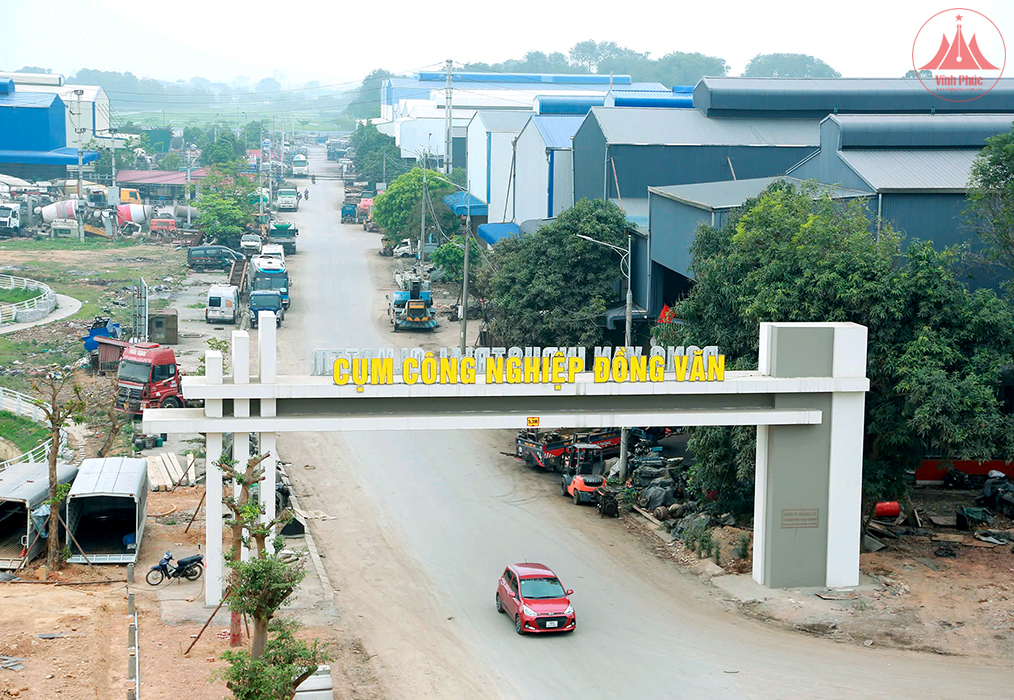



![[Photo] More than 17,000 candidates participate in the 2025 SPT Competency Assessment Test of Hanoi National University of Education](https://vphoto.vietnam.vn/thumb/1200x675/vietnam/resource/IMAGE/2025/5/17/e538d9a1636c407cbb211b314e6303fd)
![[Photo] National conference to disseminate and implement Resolution No. 66-NQ/TW and Resolution No. 68-NQ/TW of the Politburo](https://vphoto.vietnam.vn/thumb/1200x675/vietnam/resource/IMAGE/2025/5/18/adf666b9303a4213998b395b05234b6a)
![[Photo] General Secretary To Lam visits exhibition of achievements in private economic development](https://vphoto.vietnam.vn/thumb/1200x675/vietnam/resource/IMAGE/2025/5/18/1809dc545f214a86911fe2d2d0fde2e8)
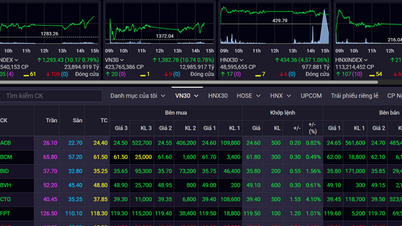



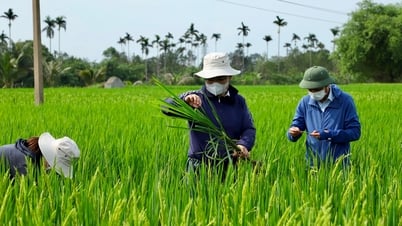

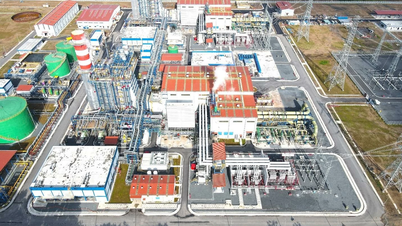



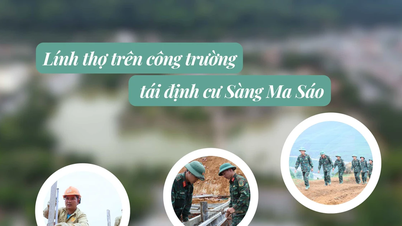





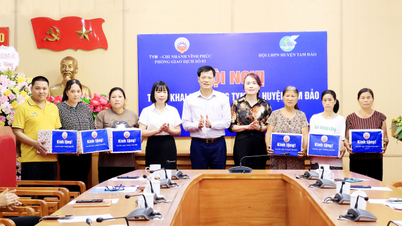
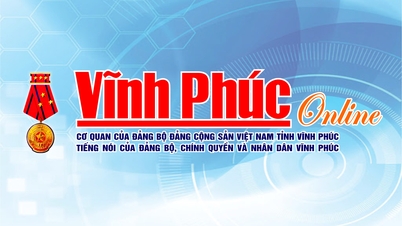

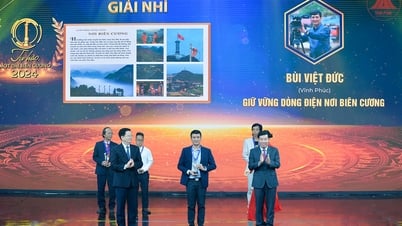

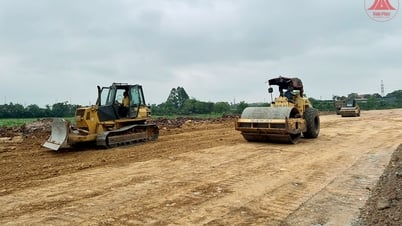
![[Photo] Prime Minister Pham Minh Chinh chairs meeting on science and technology development](https://vphoto.vietnam.vn/thumb/1200x675/vietnam/resource/IMAGE/2025/5/17/ae80dd74c384439789b12013c738a045)















































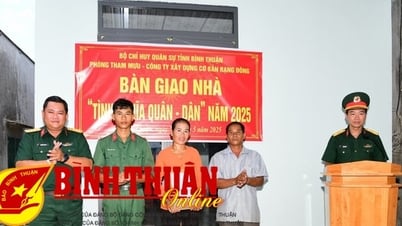
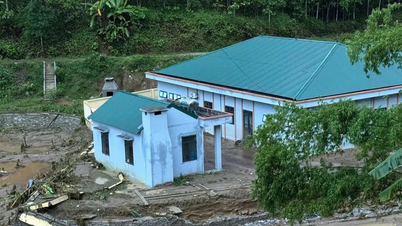
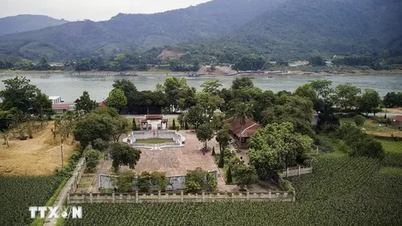

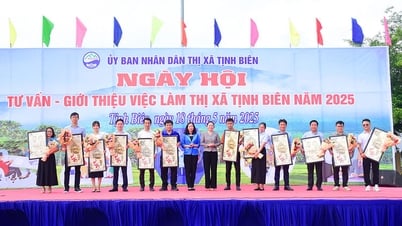










Comment (0)